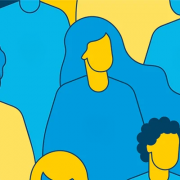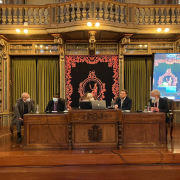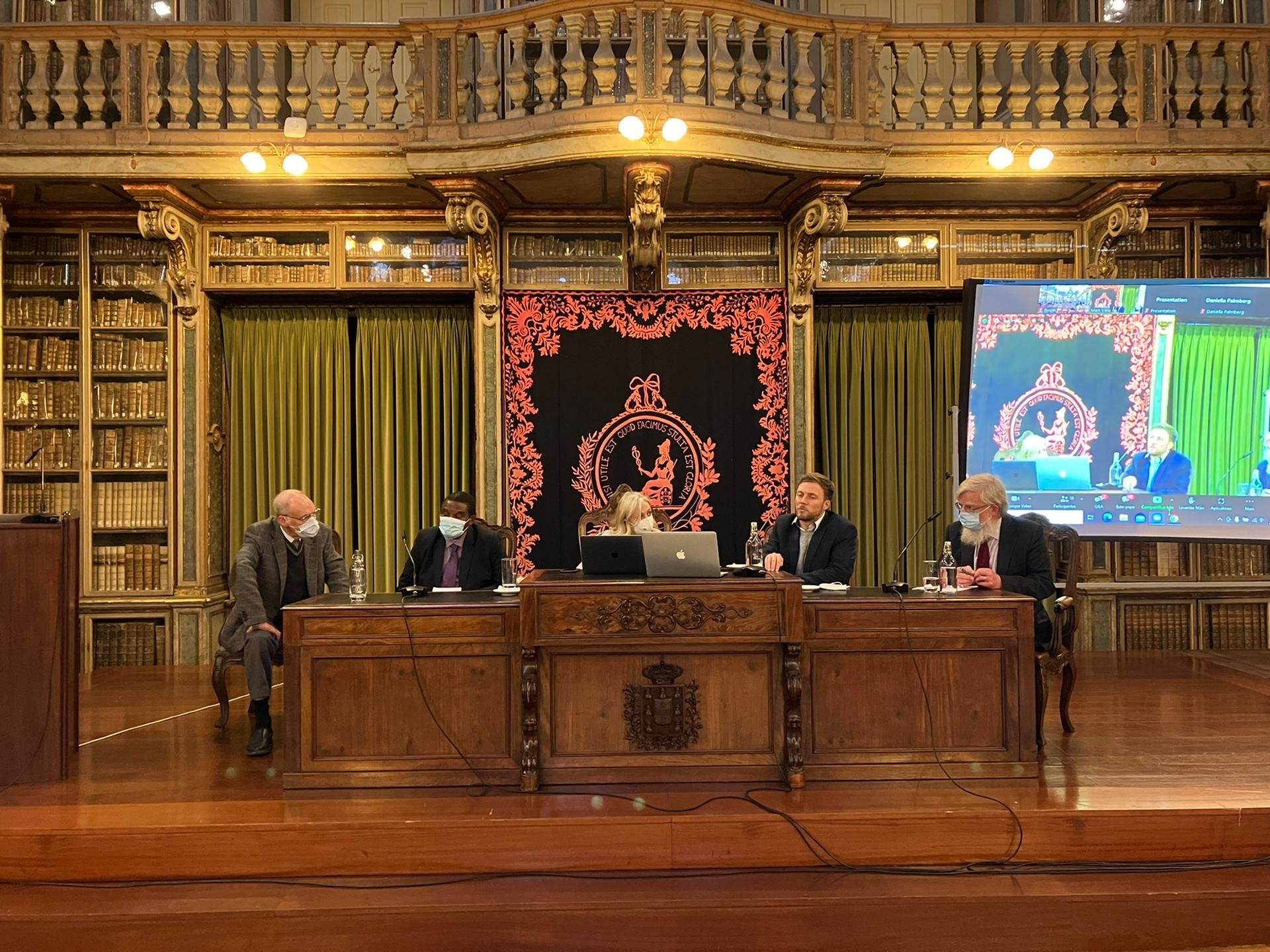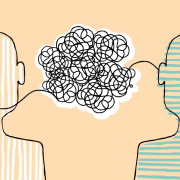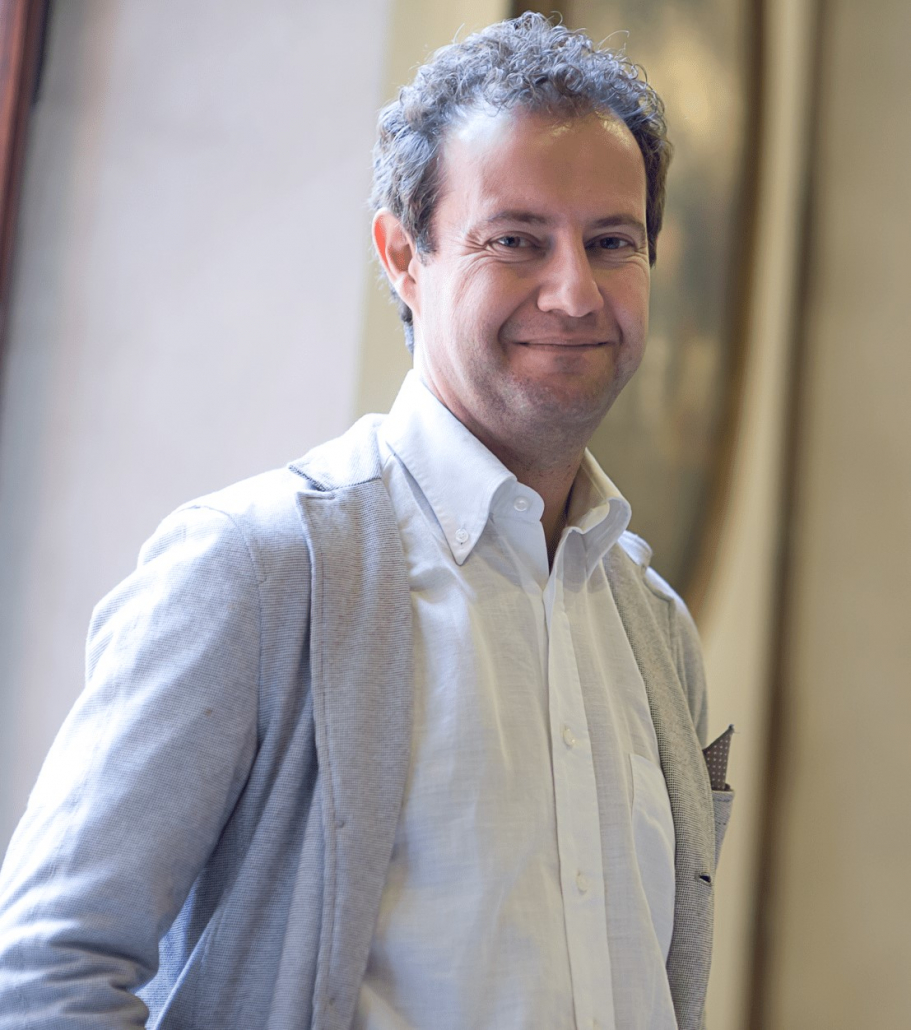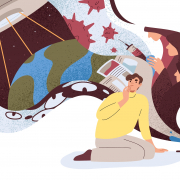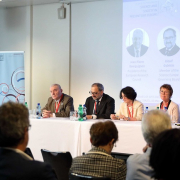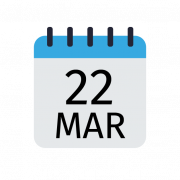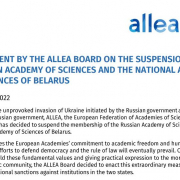Breakthrough Prize Foundation Partners with ALLEA To Support Scientists Forced to Leave Ukraine
Foundation Dedicates $1.5 Million from a $3 Million Pledge for Impacted Scientists to ALLEA, the European Federation of Academies of Sciences and Humanities, for Distribution Via European Academic Institutions
The Breakthrough Prize Foundation announced that it is extending its existing partnership with ALLEA, the European Federation of Academies of Sciences and Humanities, with a donation of funds to support scientists and scientific institutions impacted by the war in Ukraine.
As part of a $3 million fund pledged to this cause, the Foundation will dedicate $1.5 million to ALLEA, who will encourage academic institutions in Europe to apply for funding support to host scientists forced to flee from their homes. ALLEA will also assist affected Ukrainian universities, academies and research institutes in maintaining their operations and rebuilding Ukrainian scientific facilities and research collaborations in a safe, free and independent post-war Ukraine.
The millions of civilians displaced by the conflict already include many scientists, and a number of research centres, including the well-known Kharkiv Physics and Technology Institute, that have also suffered damage.
The programme
The programme, which is set to launch this spring, has two main aims. The first is to provide immediate assistance for scholars who have already left or will soon leave the country, so that they can continue their research in a safe environment. The second aim is to facilitate support to Ukrainian institutions to continue their operations, rebuild their research networks, and foster the return of scientists to Ukraine after the war.
Academic institutions from Council of Europe member states that are accepting Ukrainian refugees will be able to apply for up to one year’s funding support. This will be used to finance new or existing positions for postdoctoral researchers, as well as assistant, associate, or full professors affiliated with Ukrainian institutions. ALLEA will launch a Europe-wide call for these applications and work with its more than 50 member academies to widely disseminate it throughout the European research community.
The program will be spearheaded by an independent selection committee composed of senior officials from science organisations across Europe. This committee will cooperate with the hosting institutions to conduct the selection of applicants and supervise funding decisions to support Ukrainian research institutions.
While assisting scientists displaced outside Ukraine is an urgent task, it is also crucial that relief efforts avoid exacerbating “brain drain” from the country. To this end, the programme will encourage hosting institutions to prepare measures that continue to support their academic guests when it becomes realistic for them to return to their home institutions in Ukraine. To add to these efforts, ALLEA will reserve 20% of the overall programme funds to support actions that help maintain and rebuild Ukrainian scientific facilities after the war, as well as initiatives that foster reintegration of researchers after their return home.
“We are pleased to be working with ALLEA to expedite vital humanitarian relief to scientists displaced by the war in Ukraine,” said Dr. Pete Worden, Executive Chairman of the Breakthrough Prize Foundation. “Science is an international endeavor, and we hope that by working together we can make a real difference to our colleagues who have been forced to leave Ukraine.”
“We are very thankful for the generous funding of the Breakthrough Prize Foundation and will work closely with them and European academies to set up a Europe-wide fellowship programme that we hope will motivate more colleagues to take action and help. Science is a community of reason, collaboration, and perseverance. In these dark times, we have the responsibility to join forces and find safe workspaces for scholars fleeing from Ukraine and support them to thrive and continue their research without harm and fear,” said Professor Antonio Loprieno, President of ALLEA.
Further details about the funding will be soon available at:
https://allea.org/european-fund-for-displaced-scientists/
An Ongoing Partnership
The $1.5 million donation to support this programme is a new initiative in the ongoing partnership between the Breakthrough Prize and ALLEA which pursues their shared goal of promoting science. Each year, ALLEA helps to facilitate nominations for the annual Breakthrough Prize among its members.
# # #
About the Breakthrough Prize Foundation
The Breakthrough Prize Foundation is a non-profit organization dedicated to recognizing the world’s great scientists, advancing cutting-edge scientific research, and helping to create a knowledge culture in which everybody, especially the next generation, can be inspired by the big questions of science.
The Breakthrough Prize recognizes the world’s top scientists in the fields of Life Sciences, Fundamental Physics and Mathematics. Each prize is $3 million. The Breakthrough Junior Challenge is an annual global video competition for students to inspire creative thinking about science.
More information can be found at:
https://breakthroughprize.org/
https://www.breakthroughjuniorchallenge.org/
About ALLEA
ALLEA is the European Federation of Academies of Sciences and Humanities, representing more than 50 academies from over 40 countries in Europe. Since its foundation in 1994, ALLEA speaks out on behalf of its members on the European and international stages, promotes science as a global public good, and facilitates scientific collaboration across borders and disciplines. Jointly with its Member Academies, ALLEA works towards improving the conditions for research, providing the best independent and interdisciplinary science advice, and strengthening the role of science in society. In doing so, it channels the intellectual excellence and experience of European academies for the benefit of the research community, decision-makers and the public.
More information can be found at:
For media inquiries about the Breakthrough Prize:
OR
Rubenstein Communications, Inc.
New York, New York
Janet Wootten
jwootten@rubenstein.com / +1-212 -843-8024
Kristen Bothwell
kbothwell@rubenstein.com / +1-212-843-9227
For media inquiries about ALLEA:
Susana Irles
Tel: +49 (0)30 206 066-507

